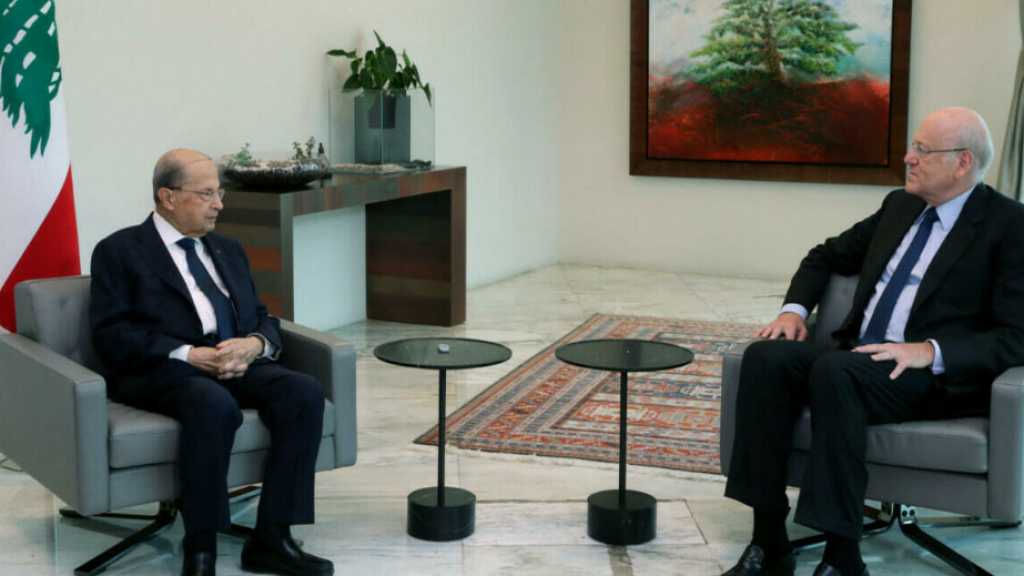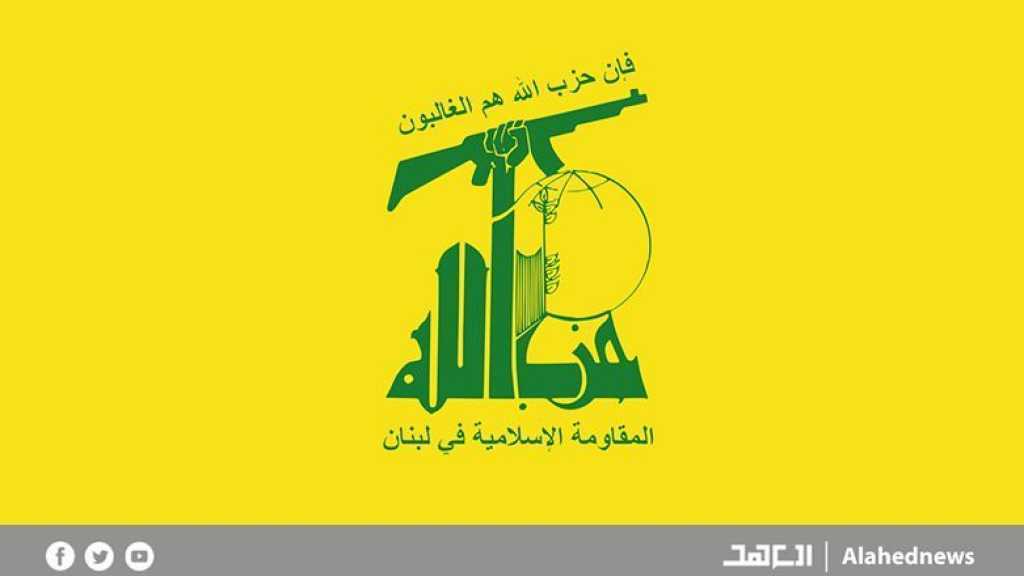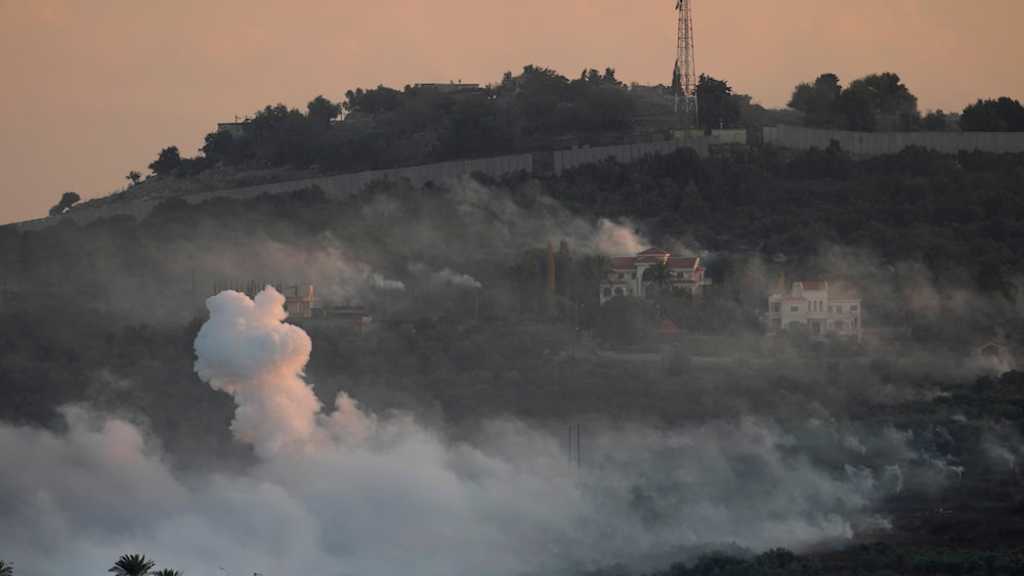
Lebanese Gov’t Formation: Hezbollah, Amal Demand Quick Move to Address Crisis

By Staff, Agencies
Lebanon’s Hezbollah resistance movement and the Amal movement called on new Prime Minister-designate Najib Mikati to swiftly form a cabinet so as to end the cash-strapped country’s political deadlock and address its ongoing socioeconomic crisis.
The two Shia movements, in a joint statement released on Tuesday, underlined the need for the formation of a cabinet, and announced that such a measure would help stop the total collapse of the Lebanese economy and would tackle livelihood challenges right away.
Mikati secured enough votes in parliamentary consultations on Monday to be designated Lebanon’s next prime minister, but faces the difficult challenge of forming a viable government to tackle the country’s financial crisis.
On Tuesday, Mikati met with Lebanese President Michel Aoun at Baabda Palace to brief him on the outcome of his non-binding consultations with various Lebanese parliamentary blocs regarding formation of a new cabinet.
“The opinions were largely identical and, God willing, we will hold successive meetings in the next two days. We will hopefully see the government formed soon,” Mikati said after the meeting.
He had pledged earlier in the day to hold continuous meetings with Aoun in order to speed up the formation of a new government.
“With the formation of the new government we hope to restore the state’s role and function. This is what reassures citizens,” Mikati added.
Lebanon has been mired since late 2019 in a deep economic and financial crisis, exacerbated by a political deadlock. The economic and financial crisis is the gravest threat to the country’s stability since the 15-year civil war ended in 1990.
The crisis is mostly linked to the sanctions that the United States and its allies have imposed on Lebanon as well as foreign intervention in the Arab nation’s domestic affairs.
The Middle Eastern nation has been run by a caretaker administration for nearly a year, as politicians have failed to agree on the formation and makeup of a new government.
The government of Hassan Diab resigned following a deadly port explosion in Beirut last August, leading to a protracted deadlock. Prime minister-designate Saad Hariri also stepped down last week, citing key differences with Aoun.
Comments
- Related News

Hezbollah Mourns Martyr Hussein Nimer Masarrah
4 months ago

